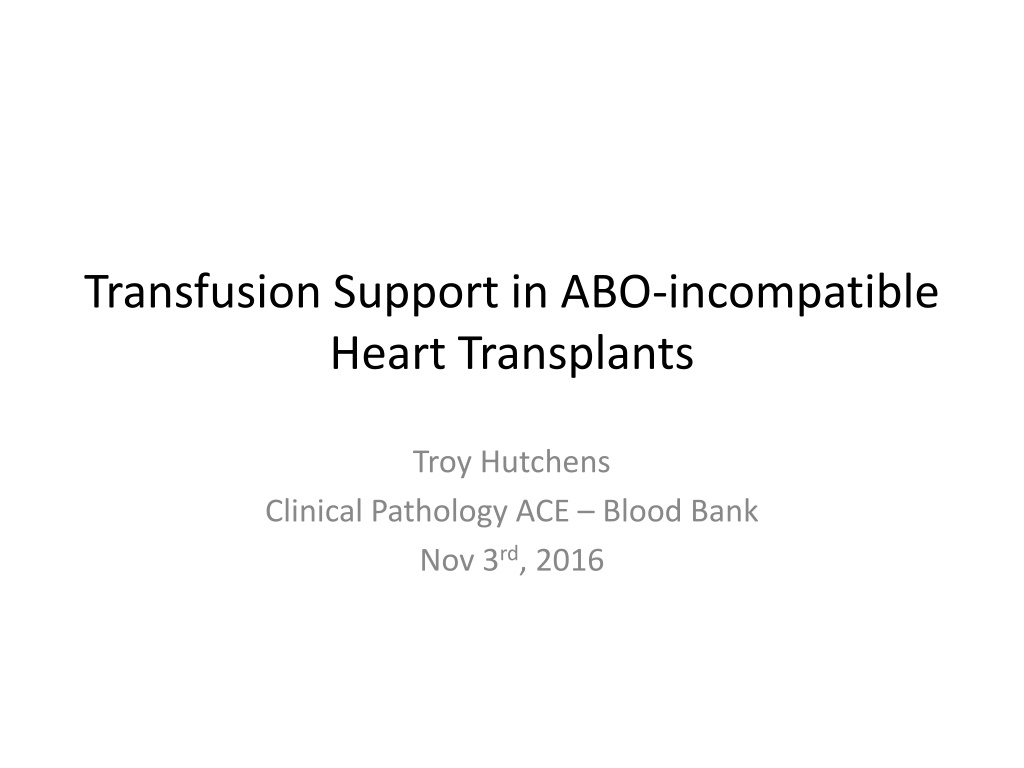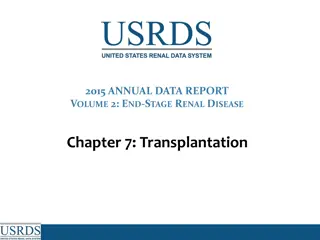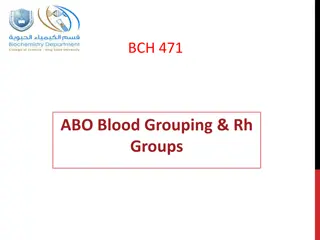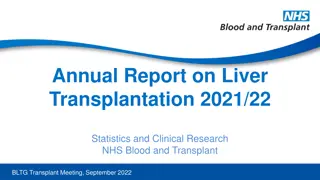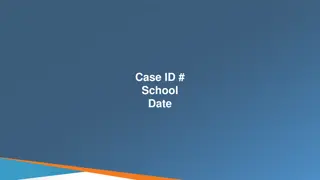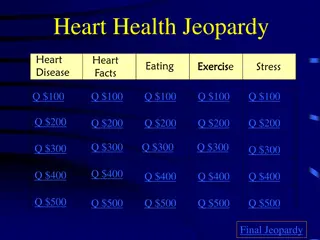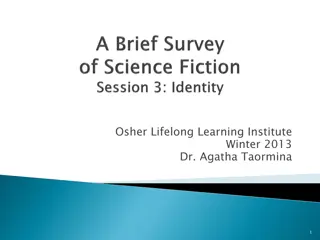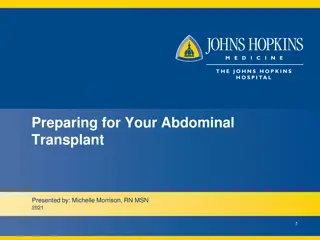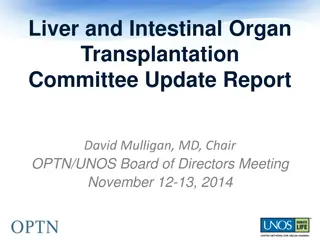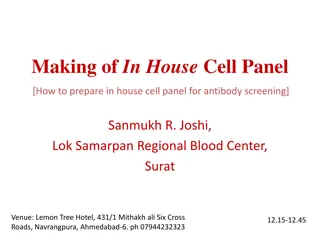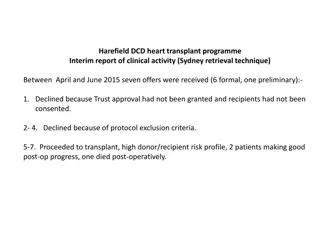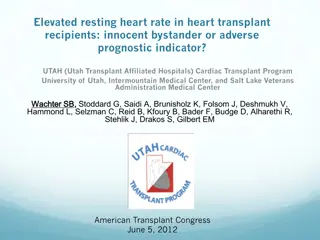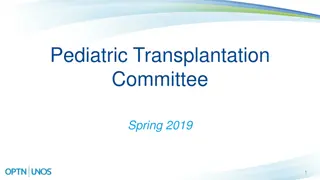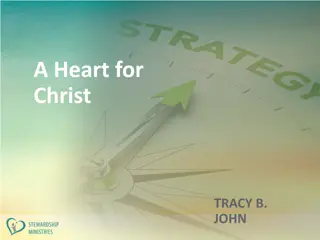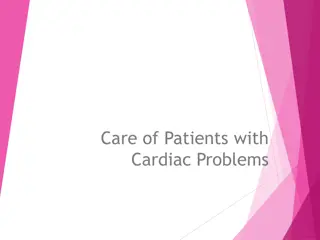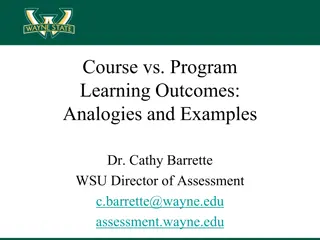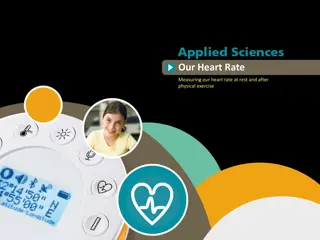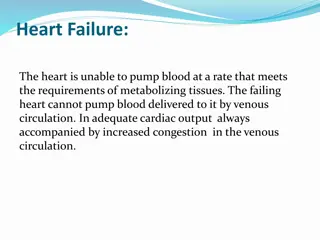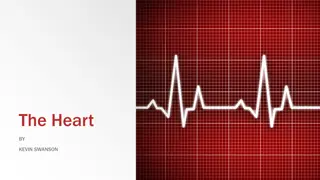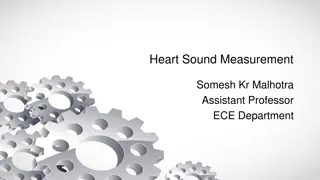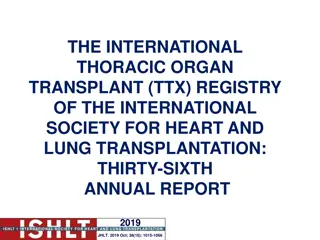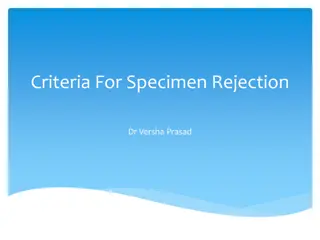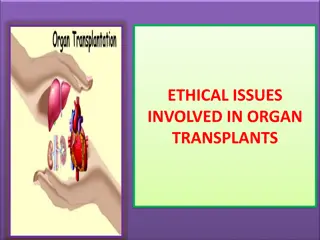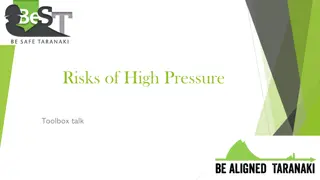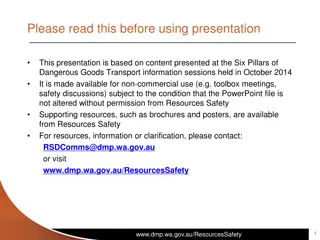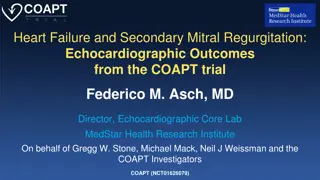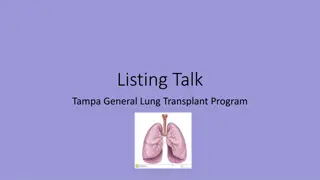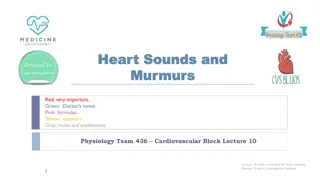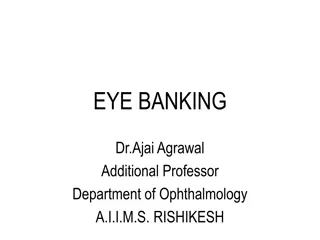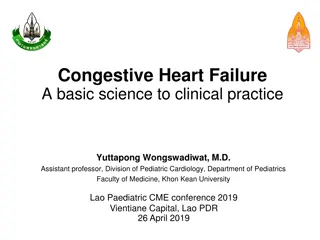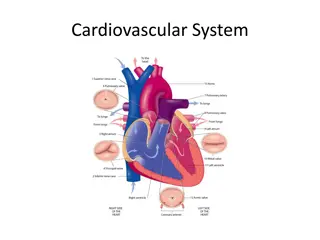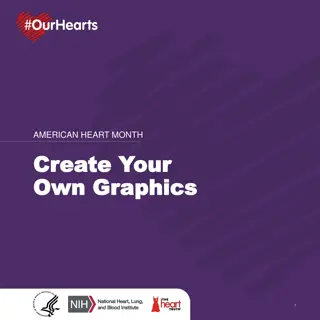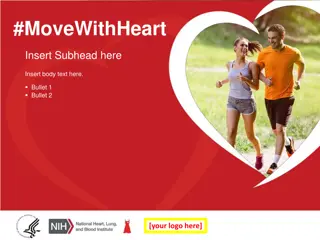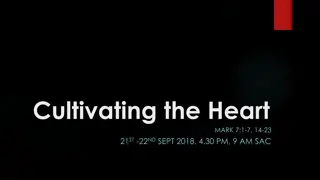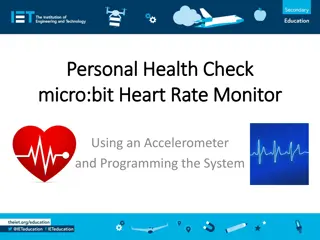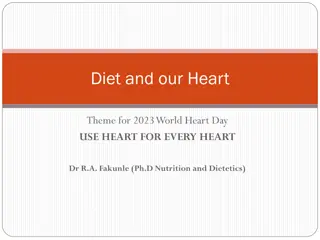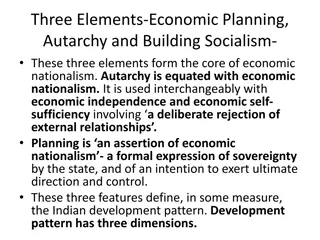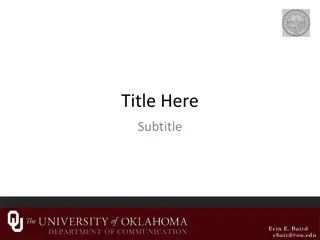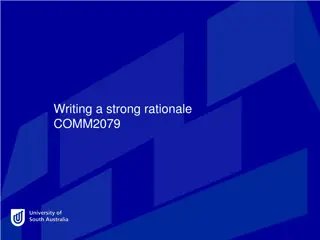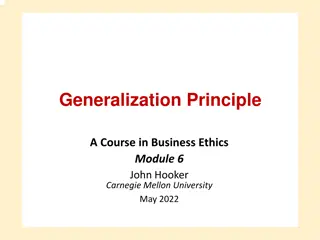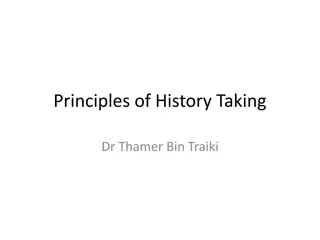ABO-Incompatible Heart Transplants: History, Rationale, and Outcomes
ABO-incompatible heart transplants have become a crucial option due to limited pediatric organ donors. The rationale behind such transplants includes the development of antibodies post-6 months. Despite detectable donor-specific isohemagglutinins, successful outcomes have been achieved. Current criteria prioritize clinical need over ABO incompatibility for donors under 1 year old. Studies show equivalent outcomes between ABO-compatible and incompatible transplants, with reduced infection rates in the latter.
Download Presentation

Please find below an Image/Link to download the presentation.
The content on the website is provided AS IS for your information and personal use only. It may not be sold, licensed, or shared on other websites without obtaining consent from the author. Download presentation by click this link. If you encounter any issues during the download, it is possible that the publisher has removed the file from their server.
E N D
Presentation Transcript
Transfusion Support in ABO-incompatible Heart Transplants Troy Hutchens Clinical Pathology ACE Blood Bank Nov 3rd, 2016
Outline Background in ABO-incompatible (ABOi) heart transplants History Rationale Current Policy Outcomes Management Guidelines for ABOi heart transplants Candidate selection and isohemagglutinin titers Isohemagglutinin depletion and monitoring Selection of transfused of blood products Examining transfusion protocols from other institutions
History of ABOi Heart Transplants Pediatric organ donors are in short supply and have decreased in the past two decades (improved pediatric critical care and/or public health/safety?) ABOi infant heart transplantation was pioneered at The Hospital for Sick Children (Toronto) in 1996 Increase donor utilization and decrease recipient wait times 2001-2008 7% of infant heart transplants were ABOi Henderson et al. (2012)
Initial ABOi Rationale Antibodies directed at ABO antigens do not develop until 6 months and continue to rise until 12-14 months Mechanism of tolerance is not dependent on lack of development of donor-specific isohemagglutinins Detectable titers of donor-specific isohemagglutinins are not a contraindication to ABOi heart transplant 27% of ABOi recipients develop donor-specific isohemagglutinins within 8 years Adults receiving ABOi heart transplants since 2005 have equivalent outcomes as those receiving ABOc heart transplants
Current ABOi Heart Transplant Listing Criteria Under 1 y/o donor hearts are allocated to recipients by clinical need regardless of ABOi Daly (2015)
ABOc and ABOi Heart Transplants Have Equivalent Outcomes Henderson et al. (2012)
ABOc and ABOi heart transplants have equivalent rates of rejection ABOi heart transplants have reduced rates of infection as compared to ABOc heart transplants Henderson et al. (2012)
All Transfusion-related Recommendations LEVEL C Very limited populations evaluated Only consensus opinion of experts, case studies or standard of care Class II b Recommendation's usefulness/efficacy less well established Only diverging expert opinion, case studies, or standard-of-care Recommendations Covered Candidate selection and isohemagglutinin titers Isohemagglutinin depletion Isohemagglutinin monitoring Transfusion of blood products Immunosuppression Chronic rejection monitoring Costanzo et al. (2010)
Examples and Outcomes Associated with Higher ABO Titers Pre-transplant Irving et al. (2012)
Table of Recommended Match of Blood Products I was unable to find any data or recommendations on obtaining titers on pRBC units for transfusion Costanzo et al. (2010)
Transfusion Support Protocols for ABOi Heart Transplant Recipients Institutions Columbia UCLA University of Michigan
Additional Pearls Rituximab can decrease new antibody production, however, memory plasma cells do not express CD20 which limits its efficacy in targeting established antibodies Heart transplant recipients as compared to other solid- organ transplant recipients are at highest risk for passenger lymphocyte syndrome (PLS) patient develops IgG antibodies from lymphocytes transplanted along with the graft post-transplant hemolysis occurs in 2-5% direct antiglobulin test becomes reactive 1-2 weeks after transplantation marked hemolysis and the antibodies typically persist for a few weeks
References 1. Daly KP. Emerging science in paediatric heart transplantation: donor allocation, biomarkers, and the quest for evidence-based medicine. Cardiol Young. 2015 Aug;25 Suppl 2:117-23. Sarkar RS, Philip J, Yadav P. Transfusion medicine and solid organ transplant - Update and review of some current issues. Med J Armed Forces India. 2013 Apr;69(2):162-7. Costanzo MR, Dipchand A, Starling R, Anderson A, Chan M, Desai S, Fedson S, Fisher P, Gonzales- Stawinski G, Martinelli L, McGiffin D, Smith J, Taylor D, Meiser B, Webber S, Baran D, Carboni M, Dengler T, Feldman D, Frigerio M, Kfoury A, Kim D, Kobashigawa J, Shullo M, Stehlik J, Teuteberg J, Uber P, Zuckermann A, Hunt S, Burch M, Bhat G, Canter C, Chinnock R, Crespo-Leiro M, Delgado R, Dobbels F, Grady K, Kao W, Lamour J, Parry G, Patel J, Pini D, Towbin J, Wolfel G, Delgado D, Eisen H, Goldberg L, Hosenpud J, Johnson M, Keogh A, Lewis C, O'Connell J, Rogers J, Ross H, Russell S, Vanhaecke J; International Society of Heart and Lung Transplantation Guidelines. The International Society of Heart and Lung Transplantation Guidelines for the care of heart transplant recipients. J Heart Lung Transplant. 2010 Aug;29(8):914-56. Irving C, Gennery A, Kirk R. Pushing the boundaries: the current status of ABO-incompatible cardiac transplantation. J Heart Lung Transplant. 2012 Aug;31(8):791-6. Henderson HT, Canter CE, Mahle WT, Dipchand AI, LaPorte K, Schechtman KB, Zheng J, Asante- Korang A, Singh RK, Kanter KR. ABO-incompatible heart transplantation: analysis of the Pediatric Heart Transplant Study (PHTS) database. J Heart Lung Transplant. 2012 Feb;31(2):173-9. Dodd DA. Pediatric heart failure and transplantation: where are we in 2013? Curr Opin Pediatr. 2013 Oct;25(5):553-60. Hageman M, Michaud N, Chinnappan I, Klein T, Mettler B. ABO-incompatible heart transplants. Perfusion. 2015 Apr;30(3):209-12. Urschel S, West L. ABO-incompatible heart transplantation. Curr Opin Pediatr. 2016 Oct;28(5):613-9. https://www.pathology.med.umich.edu/ http://pathology.ucla.edu/ http://pathology.columbia.edu/ 2. 3. 4. 5. 6. 7. 8. 9. 10. 11.
